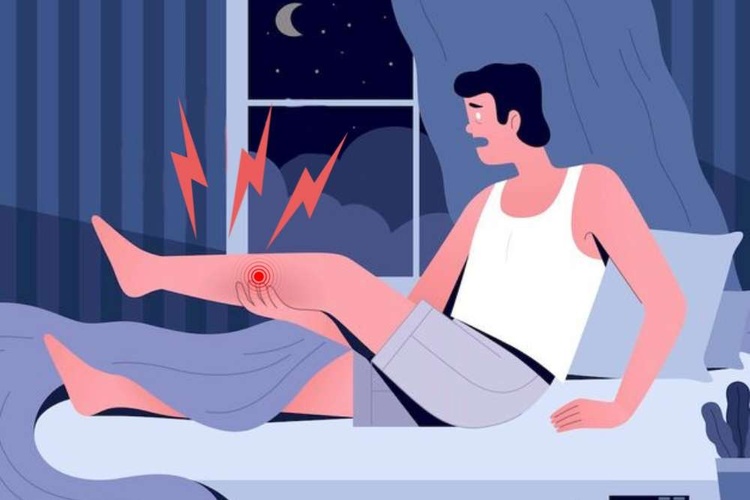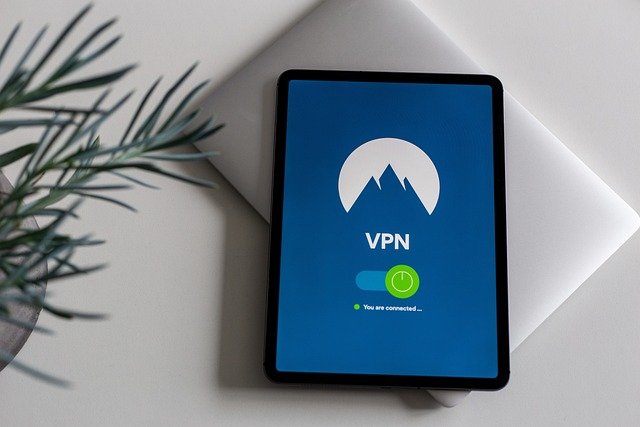Wake Up Refreshed in Japan: Improve Sleep Without Medications
If you're waking up tired in Japan despite a full night's sleep, your indoor air quality could be the silent culprit. Many people overlook how their HVAC system affects energy levels, sleep, and overall wellness. With advanced air purification, it’s possible to feel more rested and alert—without turning to medication. Here's what you need to know about making a change that supports better mornings.

How Air Quality Affects Your Sleep and Energy Levels
Poor indoor air quality disrupts sleep patterns more than most people realize. Pollutants like dust mites, pollen, and volatile organic compounds (VOCs) can trigger breathing difficulties and restless sleep. In Japan’s urban areas, outdoor pollution often infiltrates homes, while humidity creates ideal conditions for mold and allergens. When you breathe contaminated air throughout the night, your body works harder to process oxygen, leading to fragmented sleep cycles. This explains why you might sleep eight hours but still wake up feeling exhausted. Clean air allows your respiratory system to function efficiently, promoting deeper, more restorative sleep phases.
The Role of HVAC Systems in Indoor Air Purification
Modern HVAC systems do more than regulate temperature—they serve as your home’s respiratory system. Quality HVAC units filter airborne particles, control humidity levels, and circulate fresh air throughout your living space. In Japan’s climate, where humidity can exceed 80% during summer months, proper ventilation prevents moisture buildup that encourages bacterial growth. Advanced HVAC systems incorporate HEPA filters, UV-C sterilization, and activated carbon technology to remove microscopic pollutants. These systems continuously monitor air quality, automatically adjusting filtration intensity based on detected contaminants. The result is consistently clean air that supports natural sleep patterns and daytime energy levels.
Simple Upgrades That Can Help You Breathe and Sleep Better
Small HVAC improvements can yield significant sleep quality benefits. Start by upgrading to high-efficiency particulate air (HEPA) filters, which capture 99.97% of particles larger than 0.3 microns. Replace filters every three months in Japan’s dusty urban environment. Consider adding a whole-house air purifier that integrates with your existing system, providing continuous filtration without noise disruption. Smart thermostats with humidity controls maintain optimal sleeping conditions—around 60-65% humidity and 18-22°C temperature. For bedrooms specifically, installing quiet ventilation fans ensures fresh air circulation without disturbing sleep. These upgrades work together to create an environment where your body can achieve truly restorative rest.
| HVAC System Type | Provider | Key Features | Cost Estimation (JPY) |
|---|---|---|---|
| Central Air System with HEPA | Daikin Japan | Multi-stage filtration, smart controls | ¥800,000 - ¥1,200,000 |
| Ductless Mini-Split with Air Purifier | Mitsubishi Electric | Zone control, plasma filtration | ¥400,000 - ¥700,000 |
| Whole-House Ventilation System | Panasonic | Heat recovery, continuous air exchange | ¥600,000 - ¥900,000 |
| Smart HVAC with UV Sterilization | Fujitsu General | UV-C technology, app monitoring | ¥500,000 - ¥850,000 |
Prices, rates, or cost estimates mentioned in this article are based on the latest available information but may change over time. Independent research is advised before making financial decisions.
Installation costs vary significantly depending on your home’s size and existing infrastructure. Professional assessment typically ranges from ¥20,000 to ¥50,000, but many providers offer free consultations for potential customers. In Japan’s competitive HVAC market, seasonal promotions often reduce installation costs by 10-20%. Local services in metropolitan areas like Tokyo and Osaka may charge premium rates, while regional providers often offer more competitive pricing. Government energy efficiency rebates can offset initial investments, making advanced air purification systems more accessible to homeowners seeking better sleep quality.
Regular maintenance ensures optimal performance of your air purification investment. Professional cleaning services typically cost ¥15,000 to ¥30,000 annually, depending on system complexity. However, neglecting maintenance can reduce efficiency by up to 40%, undermining sleep quality benefits. Many Japanese HVAC providers offer comprehensive service packages that include filter replacements, system cleaning, and performance monitoring. These preventive measures protect both your health and your financial investment in better indoor air quality.
This article is for informational purposes only and should not be considered medical advice. Please consult a qualified healthcare professional for personalized guidance and treatment.
Better sleep without medication is achievable through improved indoor air quality. By understanding how HVAC systems support respiratory health and implementing strategic upgrades, you can transform your home into a sleep sanctuary. Whether through simple filter upgrades or comprehensive system installations, the investment in clean air pays dividends in energy, health, and overall life quality.




